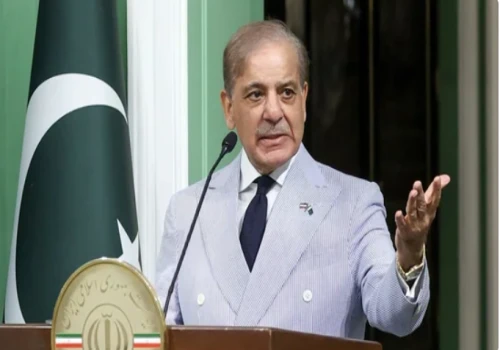
The World Health Organization (WHO) recently confirmed a human case of bird flu in India. This is the second instance of H9N2 bird flu reported in the country, with the first case identified in 2019.
The case involved a four-year-old child from West Bengal who fell ill in January 2024. The child developed serious respiratory problems and required hospitalization on two separate occasions. Fortunately, the child made a full recovery and has since been discharged.
It's important to understand that bird flu, also known as avian influenza, is primarily a respiratory illness in birds. While some strains, like H5N1, can jump from birds to humans through close contact with infected poultry, the H9N2 strain involved in this case typically causes only mild illness in people.
If you're concerned about bird flu, here are some key precautions to take. Frequent handwashing with soap and water is essential. Avoid any contact with sick or dead poultry and birds. When handling food, ensure poultry is cooked thoroughly to an internal temperature of at least 70°C. It's also best to avoid visiting poultry farms unless absolutely necessary. Finally, if you experience flu-like symptoms after exposure to birds, consult a doctor immediately.
The good news is that the WHO hasn't found any evidence of human-to-human transmission for the H9N2 strain. However, sporadic human cases are still possible as the virus circulates among poultry populations.
To stay informed about the latest developments, you can refer to reliable sources like the World Health Organization website. By practicing good hygiene and avoiding contact with sick birds, you can significantly reduce your risk of bird flu infection.











